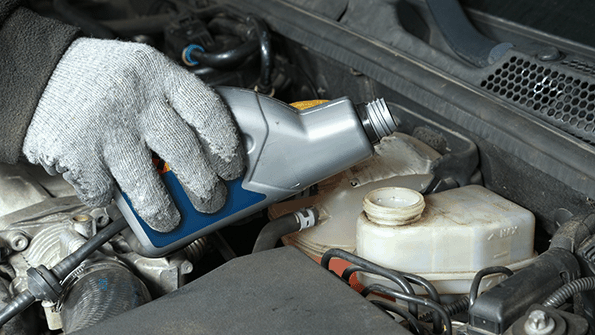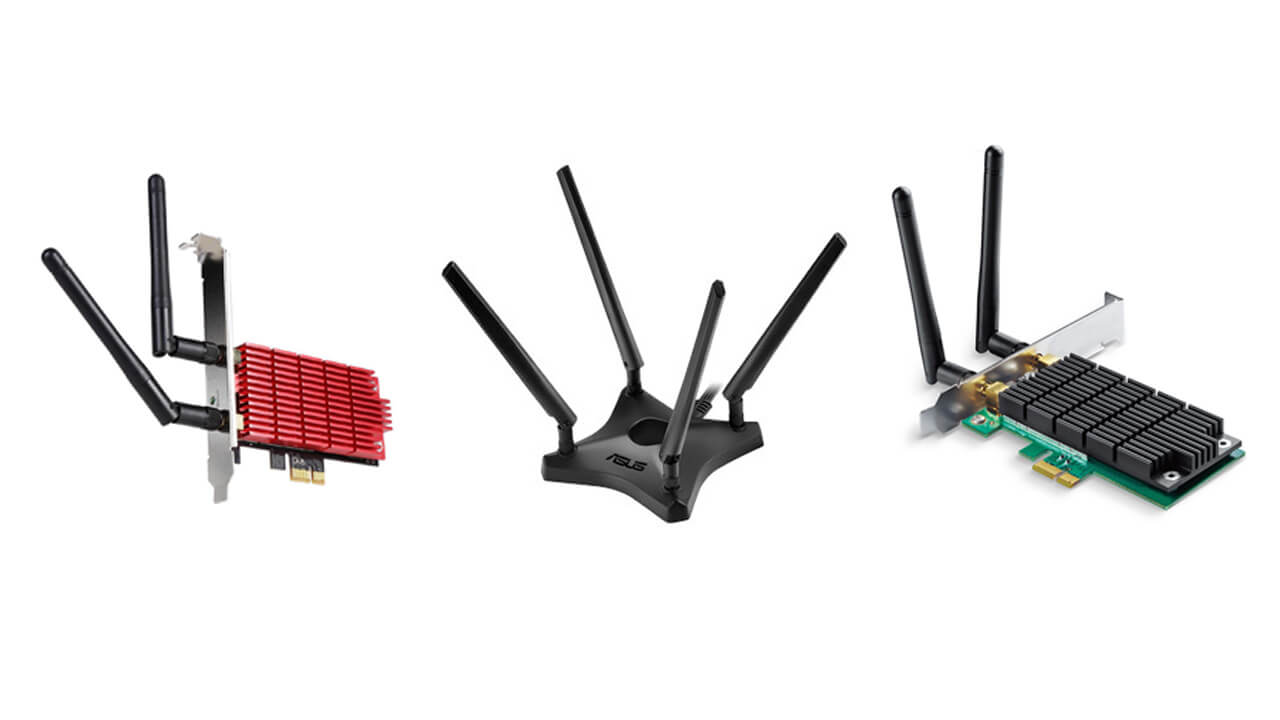
If you are an automobile enthusiast, you must be knowing that to take proper care of your vehicle you need certain additional things, including some specific lubricants and fluids to keep your vehicle in a better condition. Out of all such kinds of fluids and lubricants, brake fluid plays a crucial role. Brake fluid is a kind of hydraulic fluid. It is used primarily in hydraulic brakes as well as hydraulic clutches that are being used in modern automobiles, light trucks, motorcycles, and even in some bicycles. Brake fluid’s main purpose is to transfer the force into pressure. It also aids in amplifying up the braking force. The main reason for its efficient working is the fact that liquids are not compressible.
Brake fluid aids in facilitating ease in moving the various components of the vehicle’s braking system. Brake fluid works effectively under high pressure and high temperatures. In the absence of brake fluid, the vehicle will not be able to be stopped while pushing the brake pedal.
With the consistent use of vehicles, brake fluid tends to get aged. As a result, it starts absorbing more amount of moisture which leads to lowering the boiling point of the brake fluid. This further leads to rust and corrosion of the components of the brake system. In such cases, your vehicle’s brake will not be working well and can consequently lead to accidents.
How often should you change your brake fluid?
There is no particular time interval to get your vehicle’s brake fluid changed. It is simply dependent on the type of car that you use. It is also influenced by the kind of driving conditions that you regularly encounter. It is commonly recommended that you get your brake fluid checked during regular oil changes. On average, you must change your brake fluid every four or five years. Moreover, if your brake fluid is producing a burnt odor, has become unclear or is at a lower level, it is a clear indication that it is the time to change your brake fluid.
As a general rule that has been followed for many years, you should get your brake fluid inspected or tested for the presence of the moisture content in it after every few years. People who stay in regions that are characterized by cold weather should get their brake system checked frequently as in such weather conditions salt and other contaminants can easily get accumulated into the brake fluid. You can also check- How to check and replace brake fluid?
How to tell that the brake fluid requires change?
If the fluid that is in the brake fluid reservoir which sits on the top of the master cylinder under the vehicle’s hood, is still fresh, then it means that the brake fluid does not require a change. The color of brake fluid is light brown. It gets darkened after being continuously used and also becomes murkier due to water contamination. You can get it tested from a professional to have a piece of information about the moisture content in your brake oil. Professionals who provide you with the service of an oil change can also assist you in changing your brake fluid as well.
While changing the brake fluid is it necessary to include professional assistance?
Although there are many simple maintenance tasks that fall in the category of the do-it-yourself option you should certainly not include changing brake fluid under it. To change the brake fluid of your vehicle, you always need to have a person with professional training. As compared to oil and windshield wiping fluids, brake fluids are more complicated and hazardous to work with. Moreover, brake fluids are also characterized by toxicity and combustion which requires them to be handled and disposed of appropriately. Therefore, the presence of a well-trained mechanic is needed to ensure that you get your brake oil changed with safety and convenience.
This article would have provided you with a piece of detailed information about brake fluids and their other specifications. If you still have any other queries, let us know in the comments section. We will get back to you as soon as possible. Also, provide honest feedback on the quality of this article. Your feedback is really appreciated. Thanks for reading.
Also Check:
- Best DOT 3 Brake Fluid Reviews & Buying Guide
- Best DOT 4 Brake Fluid Reviews & Buying Guide
- Best DOT 5.1 Brake Fluid Reviews & Buying Guide








Leave a Reply